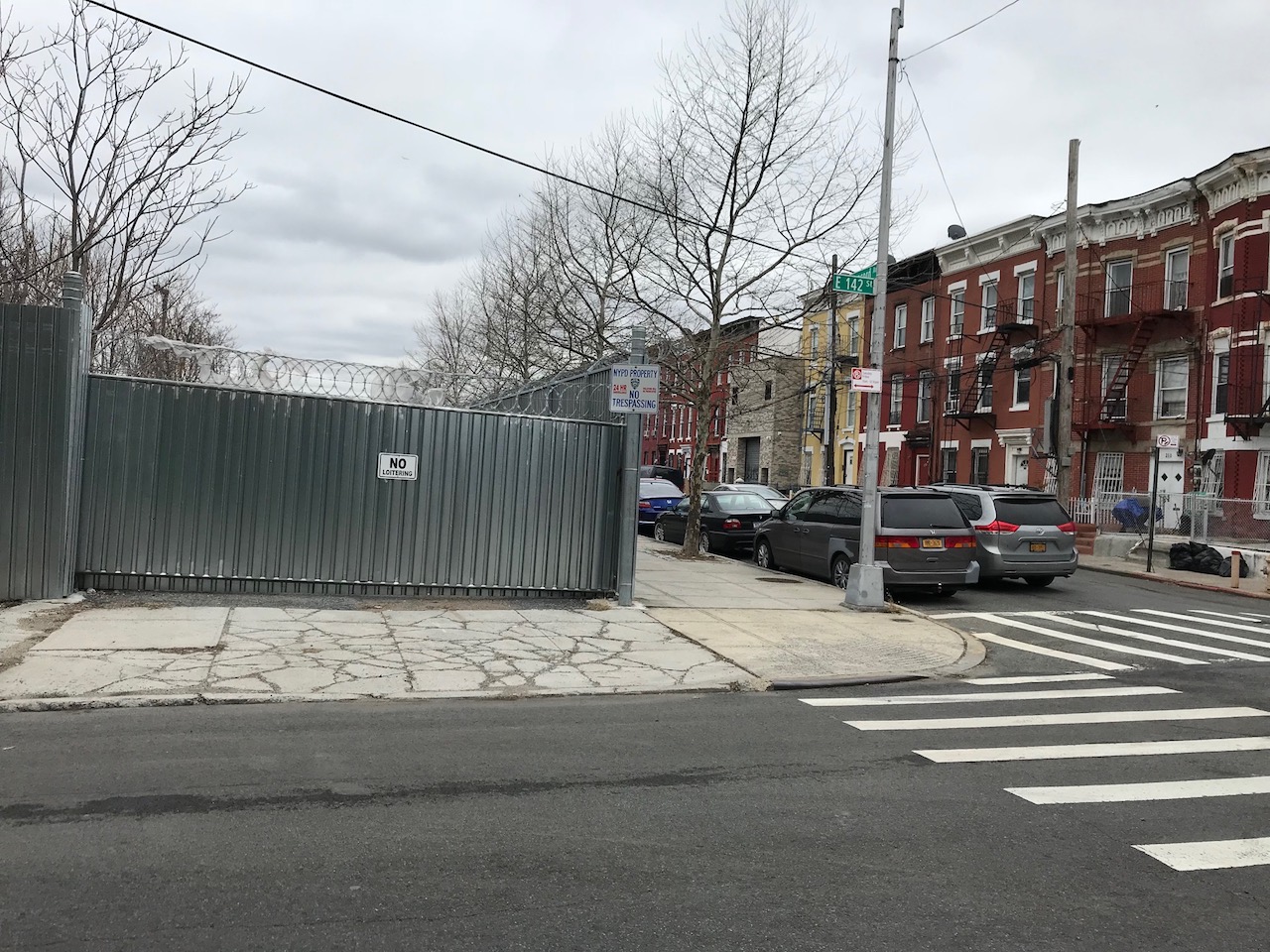Critical programs to serve vulnerable populations should be funded instead, they argue
Eleven elected officials who serve the Bronx across multiple bodies of government joined forces to send a letter to Mayor Bill de Blasio and City Council Speaker Corey Johnson, demanding the city reallocate billions earmarked for a new jail in Mott Haven, and instead fund programs for New Yorkers hard hit by the effects of the coronavirus.
The city’s plan to tear down the jails on Rikers Island and replace them with four borough-based lockups within a decade would cost taxpayers $8.7 billion. The City Council last year voted to approve a new Bronx facility on the site of an NYPD tow pound at E. 141st Street, alongside the Bruckner Expressway, as part of that plan.
The officials who signed the letter include retiring Rep. Jose E. Serrano, Borough President Diaz Jr. , State Senators Luis Sepulveda, José M. Serrano and Gustavo Rivera, and State Assembly members Michael Blake, Carmen Arroyo, Marcos Crespo, Victor Pichardo, Karines Reyes, and Nathalia Fernandez.
The mayor’s plan for new jails has met with fierce opposition from community boards and advocacy groups, especially in Mott Haven, where opponents contend that building a new facility with about 1,000 beds would send the wrong message to a community that has been beset with crime, drugs and deep poverty for decades. Some say a new jail should be built near the courthouses on E. 161st Street rather than in a residential neighborhood, while others say no jails should be built at all. All agree, however, that the obsolete facilities on Rikers should be mothballed quickly.
In April, the mayor proposed an $89.3 billion budget for FY 2021, $8.1 billion less than FY 2020, suggesting that deep cuts to social programs are inevitable.
“The coming budget discussions have the potential to further exacerbate existing inequalities in our City and in our communities if budget cuts go ahead as planned,” the officials contend in their letter, citing upcoming deliberations over the budget in the wake of Covid-19’s impact on the economy. Included among the programs they urge the city to fund with money otherwise pegged for jails are the Summer Youth Employment Program and the expansion of 3-k programming in schools.
“Continuing to fund a capital plan that includes a jail in the South Bronx and not fund essential services for this community is reckless and irresponsible,” they wrote.
“The Bronx is the epicenter of the coronavirus pandemic in the United States. No other part of the country has been hit as hard as our community has. It is time to put a halt to this project so that the financial resources that have been allocated to its completion can be put towards more important priorities right now – the health and education of our families and workers.
“The proposed Bronx jail site in Mott Haven is perhaps the clearest example of why the current jail plans make little sense in this moment, and why there is a clear need to reinvest those funds more responsibly. Mott Haven – a lower-income community of mostly African-American and Latino New Yorkers – faced significant social, health and environmental issues before Covid-19 struck. Now, it is suffering even more than before.
“Not only are Mott Haven residents suffering some of the highest rates of COVID-19 infection and death, they are also much more likely to feel severe economic pain in the coming recession. Residents are much less likely to have the savings to get through unemployment or the skills to quickly find new work in a downturn.”
The Bronx officials commended the mayor for reducing the city’s jail population by almost a third since March, as the result of criminal justice reforms and a high number of inmate releases during the pandemic, and “urge those reforms to remain in place long past the end of this crisis.”
That sharp reduction in the number of inmates at Rikers led the officials to hint at a compromise with the mayor, questioning “the ongoing appropriateness of the plans to construct large-scale, new facilities around the city to hold an expected jail population size that has already radically changed,” but adding that “At the very least, this implies that the current plans are no longer appropriate.”

